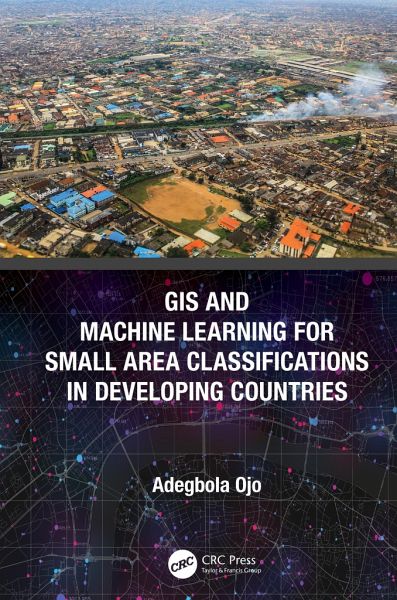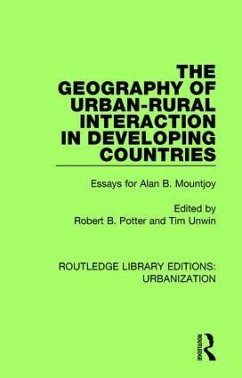
GIS and Machine Learning for Small Area Classifications in Developing Countries
Versandkostenfrei!
Versandfertig in 1-2 Wochen
168,99 €
inkl. MwSt.
Weitere Ausgaben:

PAYBACK Punkte
84 °P sammeln!
Using two developing countries as case studies for small area segmentation techniques, the book connects new trans-disciplinary ways of thinking about social and spatial inequalities from a scientific perspective with GIS. This offers stakeholders a framework for engaging in practical dialogue on development policy within urban and rural settings.













